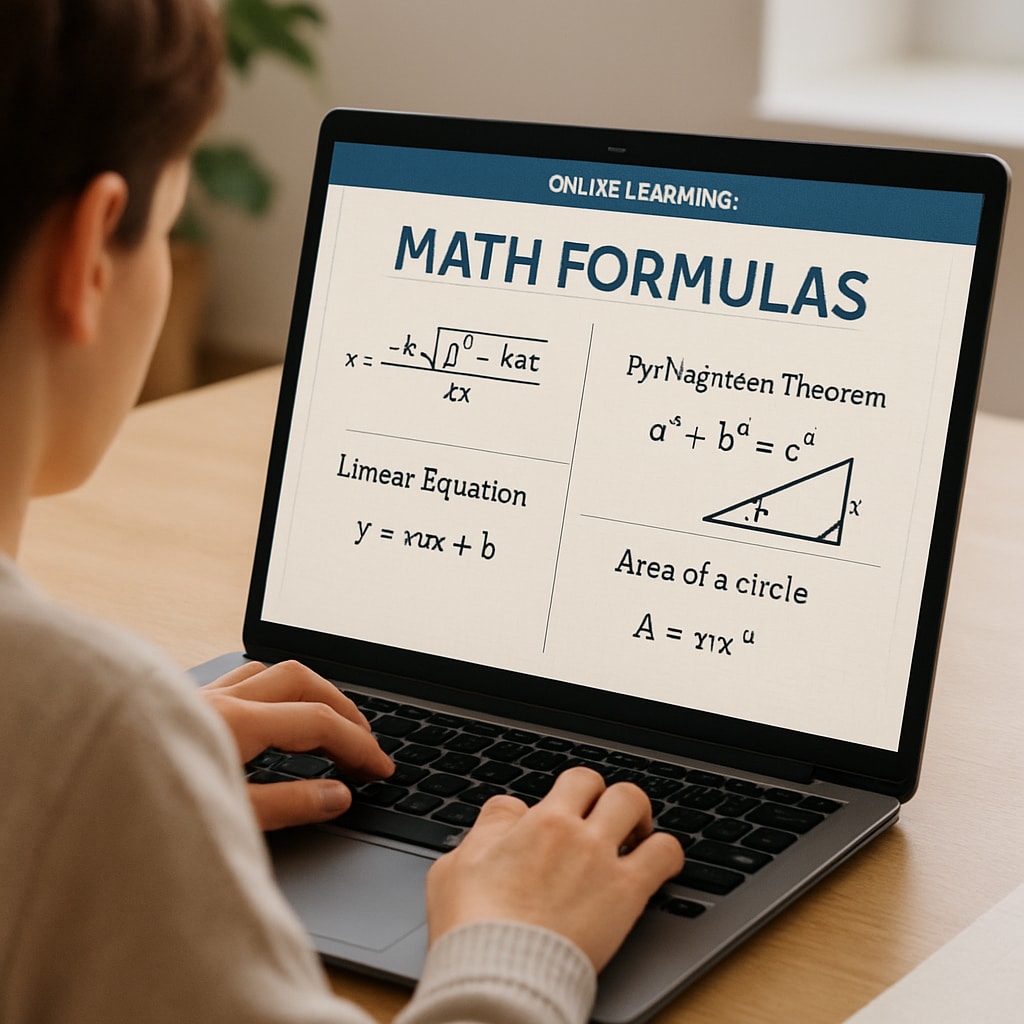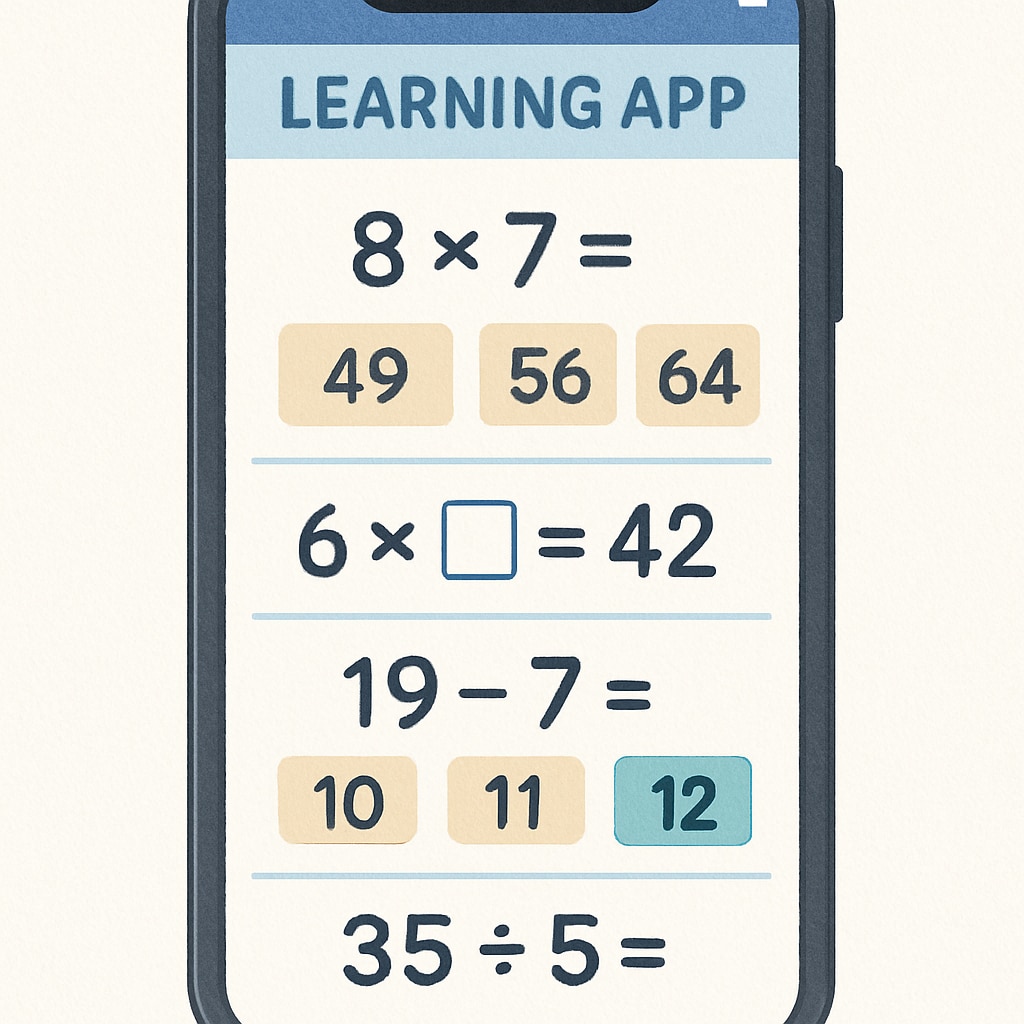Adjusting to academic life after years away can feel daunting, especially when tackling subjects like math and science. However, with the right learning resources, adults returning to education can build confidence and achieve their goals. This article provides a comprehensive guide to math and science tools tailored for adult learners, including online platforms, apps, and community resources. Whether you’re a visual learner or someone looking to rebuild foundational knowledge, these resources can help you succeed.
Online Platforms: Your Gateway to Flexible Learning
Online learning platforms are an excellent starting point for adults who need accessible and flexible educational resources. These platforms offer a wide range of courses, often tailored for different learning styles and paces.
- Khan Academy: This free platform provides in-depth lessons on topics like algebra, calculus, and basic physics. Videos and practice exercises cater to visual and hands-on learners (Khan Academy).
- Coursera: Partnering with top universities, Coursera offers math and science courses that range from beginner to advanced levels. Many courses are free to audit (Coursera).
- EdX: Like Coursera, EdX offers professional and academic courses in STEM (science, technology, engineering, and math) fields. It’s particularly useful for adult learners aiming to upskill.
These platforms often include discussion forums, allowing you to connect with fellow learners and share insights, which can further enhance your understanding.

Mobile Apps for On-the-Go Learning
For adults juggling work, family, and study, mobile apps provide a convenient way to incorporate learning into daily routines. Here are some standout apps:
- Photomath: This app helps you solve math problems by scanning them with your phone. It also provides step-by-step explanations, perfect for visual learners.
- Brilliant: Focused on interactive problem-solving, Brilliant covers topics like math, science, and computer science in an engaging, hands-on format.
- Quizlet: Ideal for creating flashcards and quizzes, Quizlet is especially helpful for memorizing scientific terms and formulas.
These apps are particularly useful for breaking down complex concepts into manageable chunks, making math and science less intimidating.

Community Learning: Connecting with Peers
Joining a community of learners can provide both motivation and support. Look for local or online groups where you can collaborate and share resources:
- Meetup: Search for local study groups or workshops focused on math and science.
- Reddit: Subreddits like r/learnmath and r/askscience are great for asking questions and finding curated resources.
- Library Resources: Many public libraries host free workshops or provide access to educational tools like Gale Courses.
These communities often include members with diverse skill levels, which can offer fresh perspectives and encouragement.
Overcoming Challenges and Building Confidence
Returning to school as an adult can be challenging, but adopting the right mindset will make the journey smoother. Here are some tips to build confidence:
- Start Small: Focus on mastering foundational concepts before moving to advanced topics.
- Set Achievable Goals: Break your learning into manageable milestones to track progress.
- Seek Feedback: Regularly review your work with tutors or peers to identify areas for improvement.
Remember, persistence is key. With consistent effort and the right resources, you can overcome any learning hurdle.
Readability guidance: Use short paragraphs and lists to summarize key points. Maintain a conversational yet professional tone to engage readers effectively.


